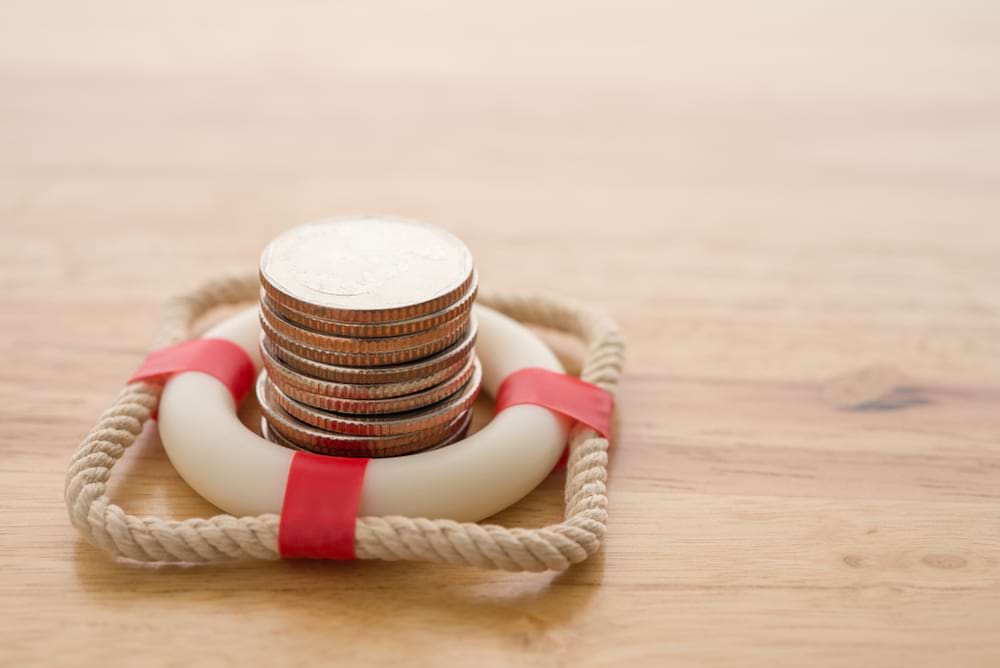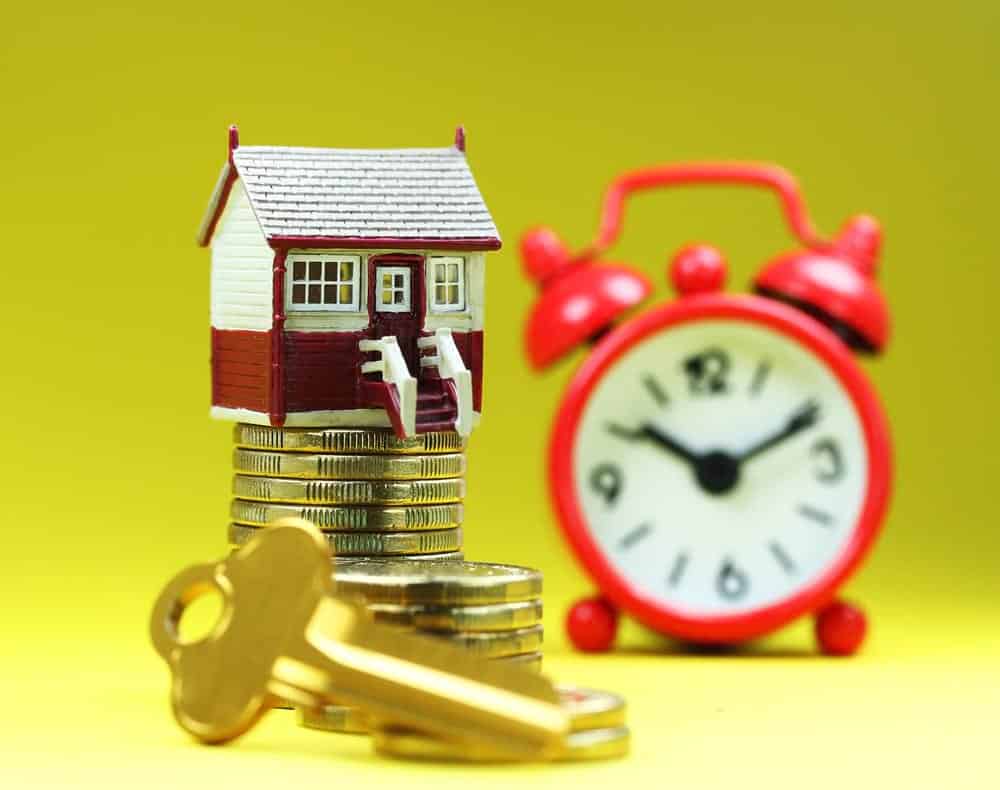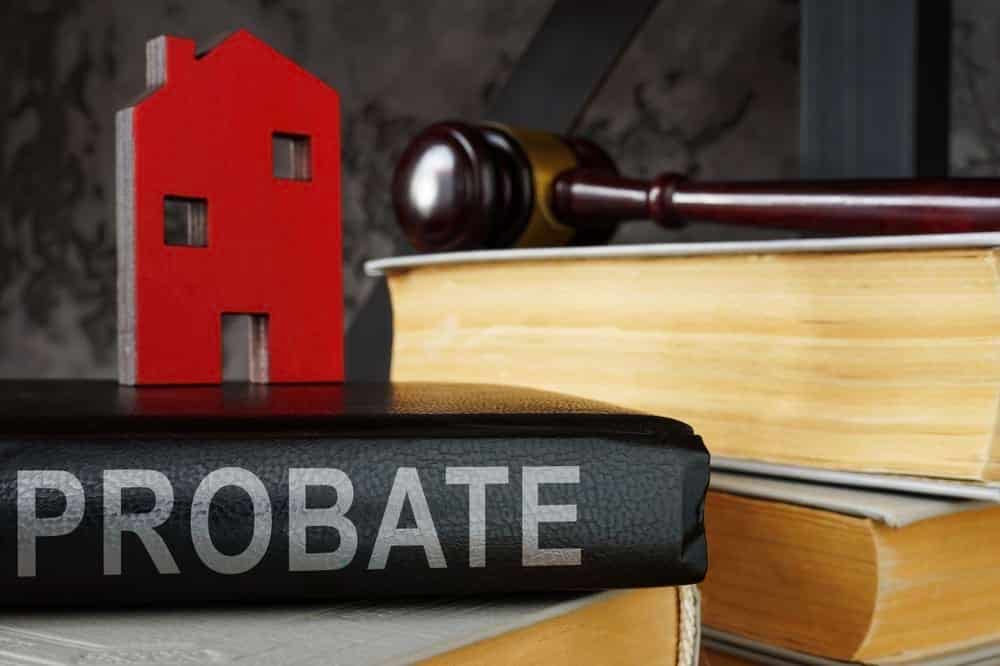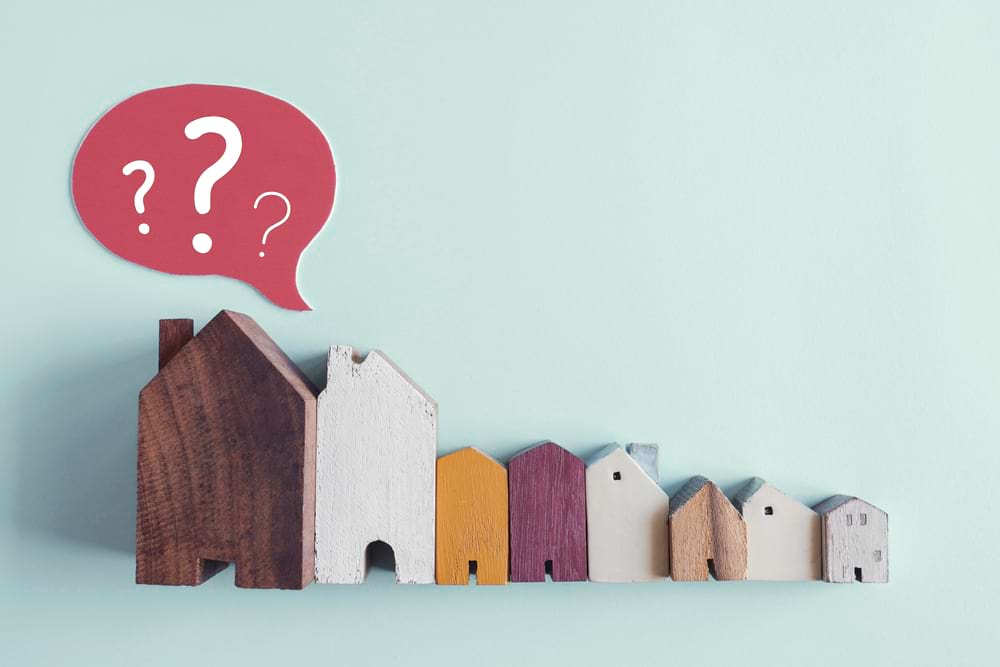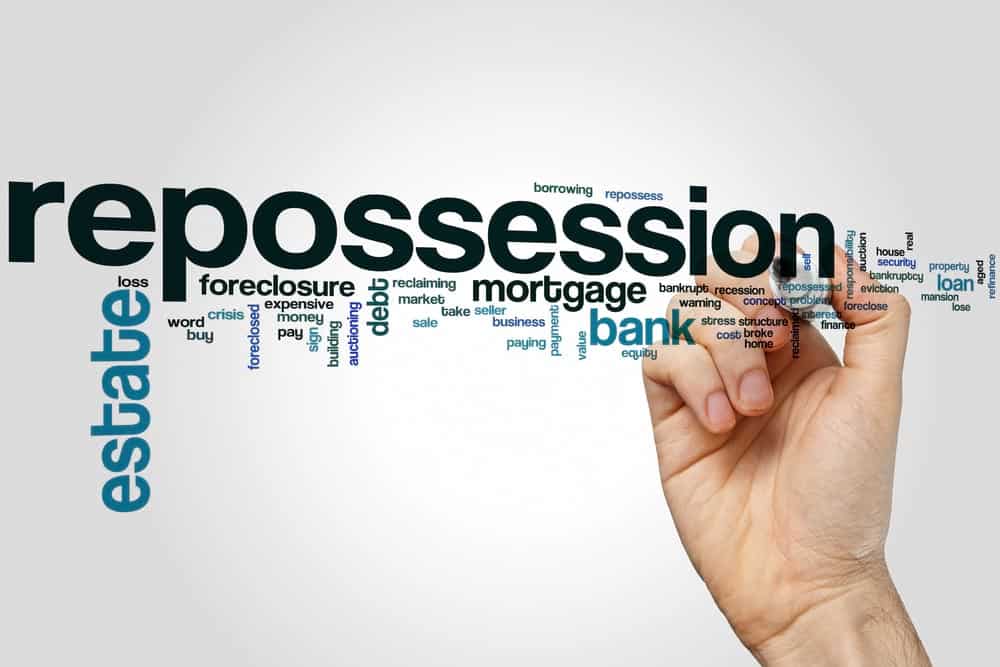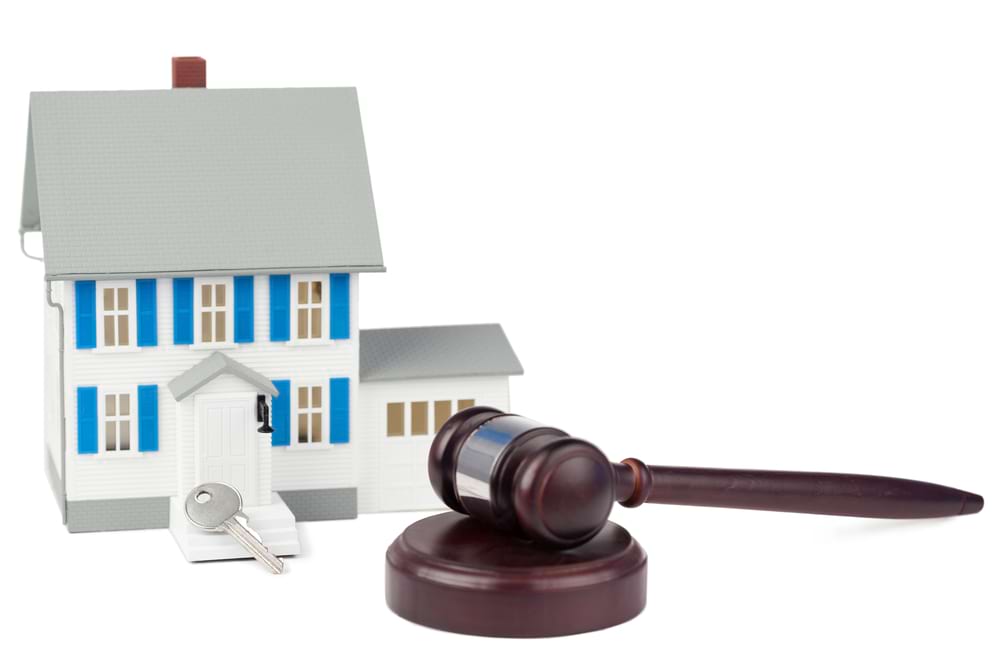Getting onto the property ladder is increasingly difficult in the UK.
For people on a low income or who are out of work, it’s even more challenging.
If you are already on the property ladder but have recently become unemployed, you may wonder: Can you receive Universal Credit if you own a house?
In the article below, we have answered this question (and more).
What is Universal Credit?
Universal Credit is a financial support scheme in the UK that provides monthly payments to low-income or unemployed individuals.
It’s given in regular payments to meet all of their living costs.
The amount received will vary depending on your age and whether you live with your partner, among other things.
Two people in the same household can both be on Universal Credit. Different criteria is used to decide determine the value:
- If you’re single and under 25, your monthly standard allowance is £311.68
- If you’re single and 25 or over, your monthly standard allowance is £393.45
- If you live with your partner and you’re both under 25, your combined monthly standard allowance is £489.23
- If you live with your partner and at least once of you is 25 or over, your combined monthly standard allowance is £617.60
More information on Universal Credit
Universal Credit was first introduced in the UK in 2013, and is still in-place today.
It replaced previous schemes that existed, such as:
- Income-based Jobseeker’s Allowance
- Housing Benefit
- Child Tax Credit
- Working Tax Credit
Its goal is to provide financial support to people who are out of work – especially due to learning disabilities or physical illnesses – while simultaneously making it financially preferable to get a paid job.
What makes you eligible for Universal Credit?
You may be eligible for Universal Credit if you meet any of the following criteria:
- You live in the UK
- You are aged 18 or over (minus a few exceptions that have been made for 16 or 17-year-olds)
- You must be under the State Pension age
- You must have less than £16,000 in money, savings or investments
Exceptions can be made in some instances, depending on if you have a health condition or disability (medical evidence is required).
How often is Universal Credit paid?
According to the UK government website, Universal Credit is paid once a month and usually goes straight into your bank account.
Once your application for Universal Credit is approved, you will typically receive your first payment in 5 weeks.
Are you able to receive Universal Credit if you own a house?
Yes, some people use this option if they are unexpectedly made redundant and still need to make mortgage payments.
Support for Mortgage Interest (SMI)
If you receive Universal Credit while owning a house, your payment may include Support for Mortgage Interest (SMI).
This is a loan that helps you pay off your interest payments. You will need to repay with interest once you sell or transfer ownership of your property.
SMI cannot be used for missed payments (also known as ‘Mortgage Arrears’).
If you fall into debt, your home could be repossessed (see below for more on this).
Can you apply for a mortgage while on Universal Credit?
It is possible, although meeting the lender’s financial requirements will be challenging.
Lenders will include universal Credit when assessing your income for a mortgage.
However, since your payment amounts are unlikely to be very high, this will restrict the amount you can borrow.
You will need a hefty deposit to be able to afford to buy a house on Universal Credit. And you will likely need to buy a relatively inexpensive house.
Can I get a mortgage after repossession?
Yes, you can still get a mortgage after having a repossession in your past – however, this detail will undoubtedly count against you with any potential lenders.
The more time that has passed since the repossession, the more understanding a bank will have of it.
It also helps if you have a strong history of meeting all your financial obligations since the repossession occurred.
How can I stop the repossession of my house?
If you have been struggling to meet your monthly repayments and/or you have been made redundant, your bank lender may threaten to repossess your house.
There are several options available to help avoid repossession, including:
- Add the arrears to your mortgage balance
- Request a mortgage holiday, if possible
- Cash in an endowment policy, if possible
- Transfer to an interest-only mortgage, to reduce your monthly payments
Ideally, you will communicate with your lender about your difficult situation long before your mortgage falls into arrears.
However, if you have been served with a repossession order, you may need to complete an ‘N244 form’ (see below).
As a final way to prevent repossession, you may choose to sell your house fast to a cash house buyer.
This can enable the sale to proceed within 7 days, at a reasonable valuation for your circumstances, enabling you to pay off some (or even all) of your mortgage arrears.
What is an N244 Form?
An N244 Form makes your case for the repossession not being proceeded with, and you retaining ownership of the house instead.
However, you must demonstrate a clear plan for meeting your repayment obligations. An expert can guide you on what is deemed sufficient.
If you need an N244 form, you can download it for free from the UK government website.
However, you may need to pay a fee to any legal expert who supports you with this.
Some of the main details you will need to provide on the form includes:
- Your details
- The capacity in which you are making the application
- Why you are making the application
- Whether you are attaching a draft order with your N244 form
- How you would like the hearing to take place
- When the hearing will take place, with which level of judge
- Who the application will be served to
- Any evidence that you will rely on
- Date and signature
While finding the funds for this expert may be a challenge, it is strongly recommended to give you the best possible chance of reversing the repossession.
You may even be able to find a professional who delays the payment that is due, until after the case is settled.
